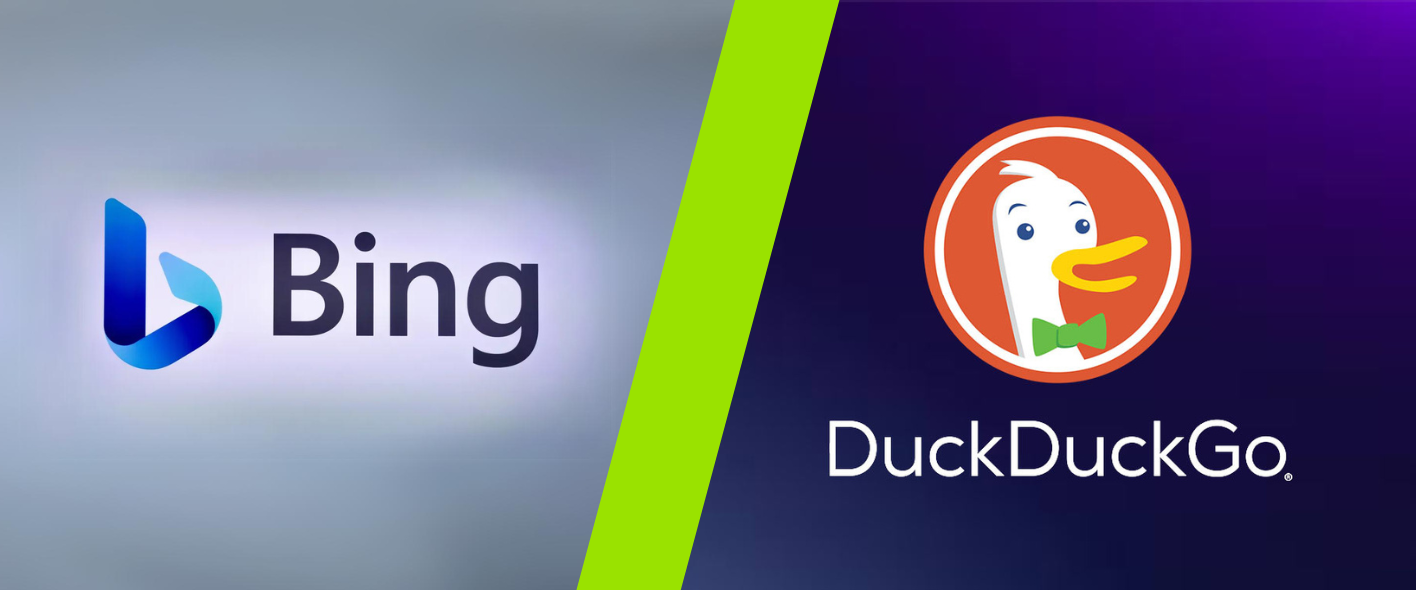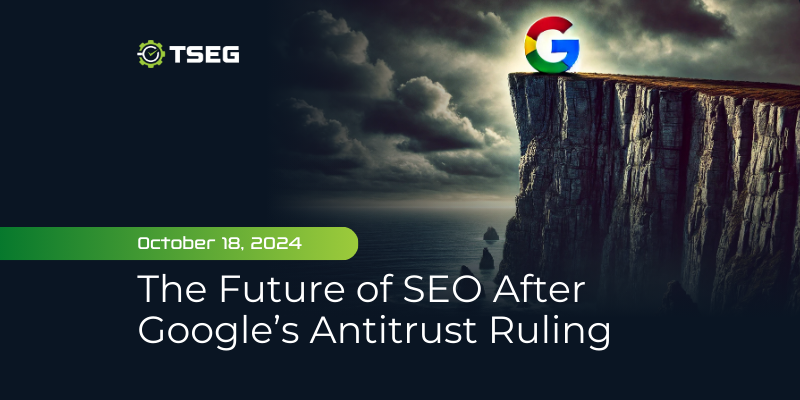The Future of SEO After Google’s Antitrust Ruling
Posted on Friday, October 18th, 2024 at 1:19 pm
Google’s Antitrust Ruling Signals Major Changes Ahead
In August 2024, the U.S. Department of Justice won a historic case against Google, concluding that the tech giant had unlawfully held a monopoly over internet search that unfairly limited market access for competitors, resulting in reduced consumer choice and hampered innovation. This ruling has significant implications for all businesses that rely heavily on SEO—including most law firms. (Our recent blog post goes over the ruling in more detail.)
For many years, Google set the standards for online visibility, but this decision could change the playing field. With the potential for more competition in the search engine market, law firms and marketers will need to adjust their strategies to remain competitive.
Expanding Search Options
Following the antitrust ruling, the search market is likely to become more diverse. With Google’s dominance now challenged, other search engines are expected to grow in importance. This presents both new options and complexities for firms who have focused primarily on Google for years.
Law firms will need to expand their SEO strategies to ensure visibility across multiple search platforms. Search engines like Bing or DuckDuckGo could become key players, each offering different ways (algorithms) to reach potential clients. By adapting to these shifts, law firms can stay ahead of competitors, but it will require a more flexible approach to SEO. Rather than relying solely on Google, firms will need to monitor and optimize for various platforms to continue capturing online traffic, leads and cases effectively.

Top Alternative Search Engines
- Bing – Microsoft’s search engine, which has been growing steadily and offers unique integrations with Windows and other Microsoft products.
- DuckDuckGo – A privacy-focused search engine that does not track users, making it popular among those who value data privacy.
- Yahoo – Although powered by Bing, Yahoo still maintains its own branding and attracts a dedicated user base.
- Ecosia – An eco-friendly search engine that uses its profits to plant trees, appealing to environmentally conscious users.
- Brave Search – A relatively new player, focusing on privacy and offering an independent index of the web.
- StartPage – Provides Google search results while maintaining user privacy, offering the best of both worlds for privacy-conscious users.
Preparing for Algorithm Changes and New Search Practices
With the antitrust ruling pushing Google to adjust its practices, the way search algorithms function is likely to change. Other search engines may develop their own unique methods for ranking websites, requiring new approaches to content optimization.
Is your law firm’s SEO prepared for the changes ahead? As Google updates its practices and competing search platforms emerge, it’s crucial to question if your current strategy is ready to adapt. A flexible SEO approach is now more important than ever to ensure your law firm remains visible across multiple search engines. This means making strategic adjustments in keyword selection, content creation, and site performance. At TSEG, we stay on top of these developments and implement the latest best practices, ensuring our clients are always visible and competitive.
Reassessing Digital Ad Spend and Marketing Plans
As competition increases in the search engine market following the antitrust ruling, law firms should take this opportunity to learn more about their current search performance before making any changes to their digital advertising budgets. Google Ads has long been the go-to platform for many legal marketers, but with potential alternatives gaining traction, there may be more cost-effective options on the horizon. These emerging platforms could offer better pricing models or unique targeting capabilities, but it’s essential to gather the right insights before deciding how to diversify ad spending.
For law firms, this means carefully analyzing where their clients are searching. While Google has dominated this space, new engines could offer access to underserved markets or different demographics.
Additionally, firms should track the performance of ads across different platforms to understand where the highest return on investment lies. Running test campaigns on smaller engines before committing larger budgets can provide valuable data and help firms determine the most effective allocation of resources.
Another key consideration is how this increased competition could impact ad pricing. If new players in the search market begin to draw a significant amount of traffic, Google may need to make adjustments to remain competitive. By keeping a close watch on these developments, legal marketers can ensure they are maximizing their advertising dollars while staying flexible in their approach.

Stay Ahead with TSEG
The changes sparked by Google’s antitrust ruling are just the beginning, and now is the time to rethink how your law firm approaches search engine marketing. TSEG has spent over 15 years driving growth for law firms through customized strategies, helping them secure more cases and gain greater visibility. We don’t just follow trends—we help our clients get ahead of them. With a team that understands the unique challenges of legal marketing, we’ll ensure your firm isn’t just keeping up but staying out in front. Partner with TSEG, and let’s adapt to these shifts together, turning change into opportunity.
